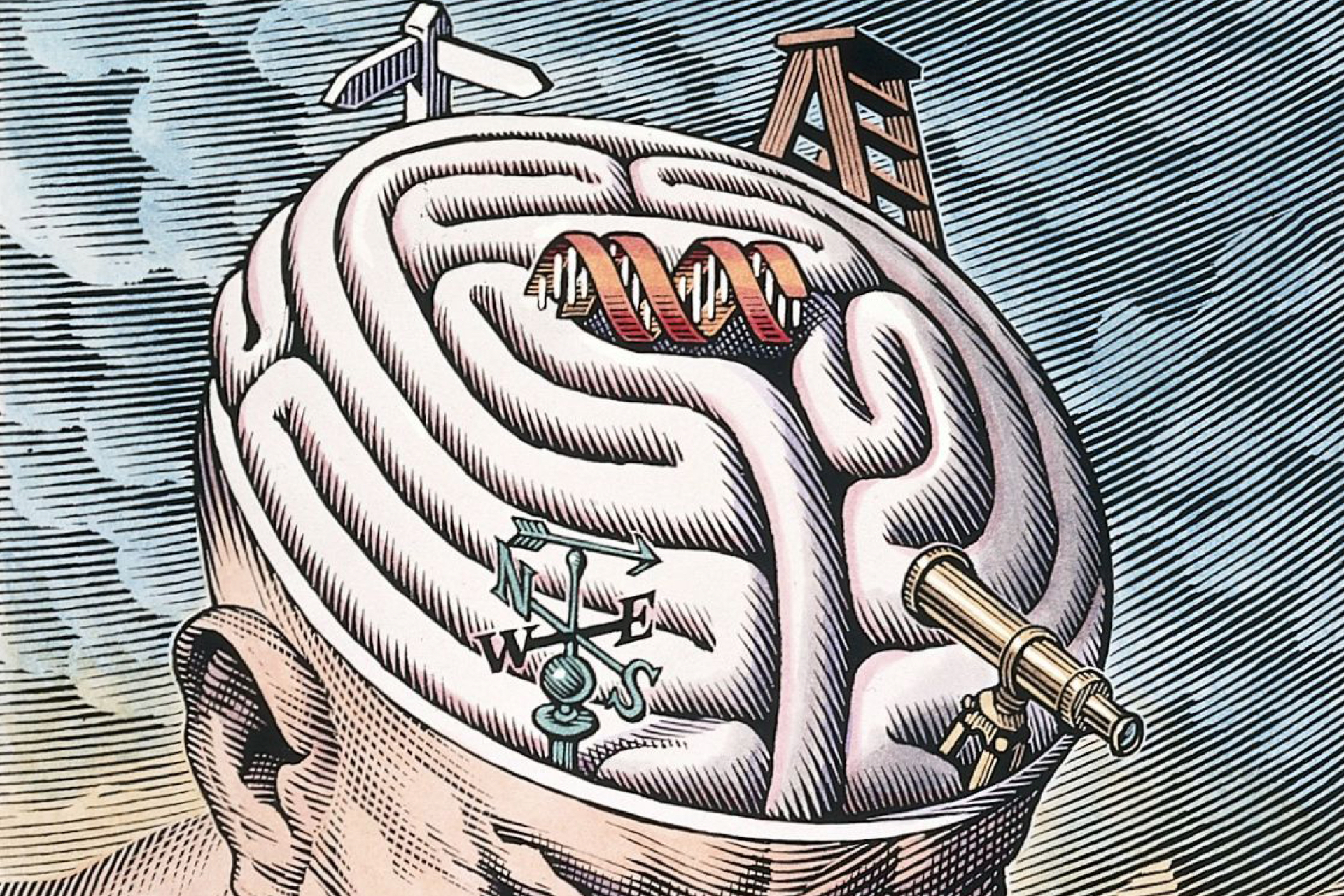A new UK study of peoples' attitudes towards social sex selection has found that 80 per cent believe that parents should not be allowed to choose their baby's sex, even for 'family balancing' reasons. The researchers, based at the Policy, Ethics and Life Sciences Unit at Newcastle University, questioned 48 members of the public and ten medical professionals. Study leader Tom Shakespeare said he was 'surprised' that those questioned were so vehemently against sex selection, the BBC News website reports.
The participants were asked their opinions after a discussion about the issues surrounding sex selection for non-medical reasons, also known as 'social' sex selection. The majority did not support this use of reproductive technology, even for couples who already have children of one sex, and want to have a child of the opposite gender. 'I was surprised by the results, but these were not 'off-the-cuff remarks', said Shakespeare, adding 'these were the results of considered views after an hour or two of discussion'.
Among the concerns raised by the group were that sex selection could send out the message that it is morally acceptable to have a strong preference for one sex over the other. Other participants felt that allowing couples to choose their babies' sex could turn children into 'consumer items' - one person said: 'Where does it actually stop? Do you stop at boys, girls, blonde hair, blue eyes, superior race?'.
Josephine Quintavalle, of the pro-life pressure group Comment on Reproductive Ethics (CORE), said that she was delighted by the findings, adding 'the public know where the limits should be and it gladdens my heart'. A spokesman for the Human Fertilisation and Embryology Authority (HFEA) said that the study reinforced the authority's own research that the UK public is not in favour of sex selection for social reasons.
All forms of sex selection for non-medical reasons are currently banned in the UK, following a 2003 ruling by the HFEA. Permitting sex selection for family balancing reasons was cautiously approved in a recent report by the UK House of Commons Science and Technology Committee. Commenting on the Newcastle study, committee member and Liberal Democrat MP Evan Harris said that opinion polls should not be allowed to affect policy making for others, adding 'the point about reproductive autonomy is not whether people think it is a good idea, but whether people themselves think it is such a bad idea that it would do harm'.






Leave a Reply
You must be logged in to post a comment.